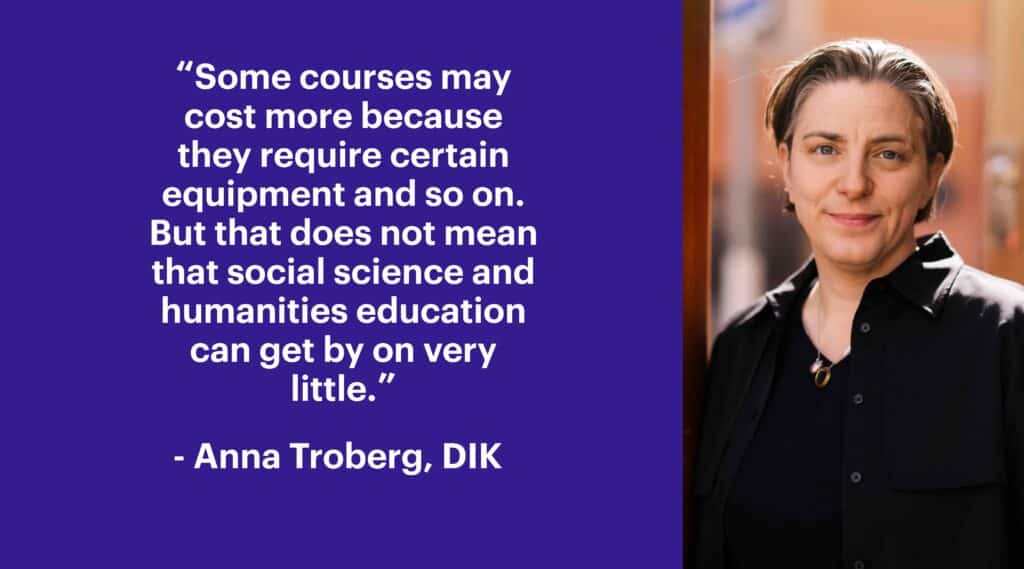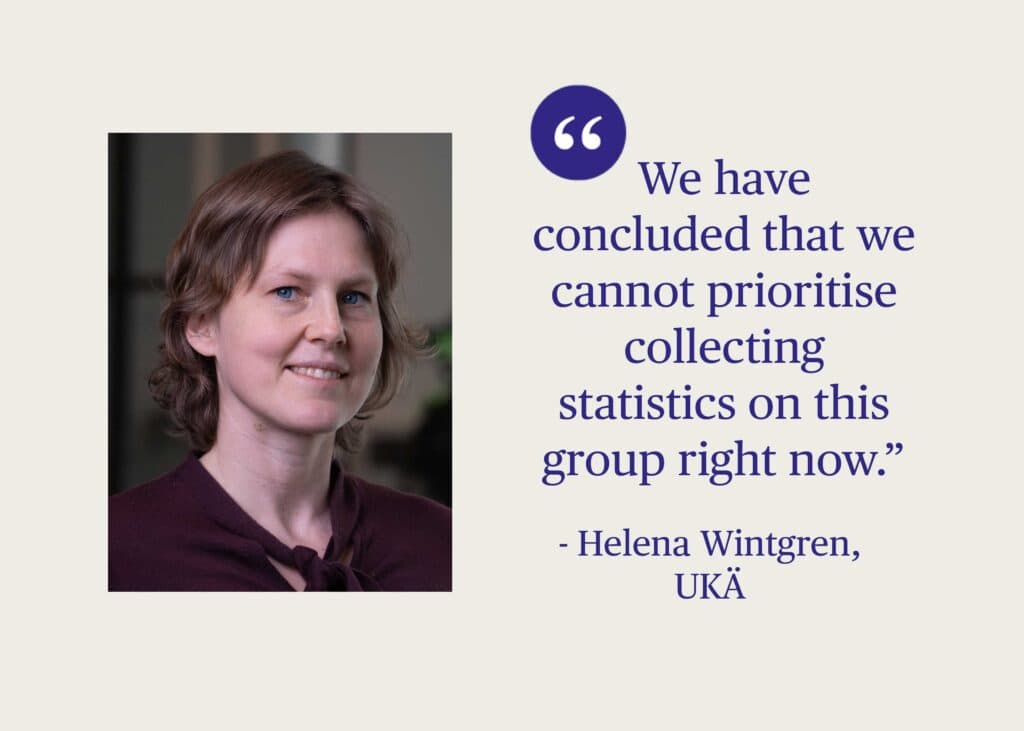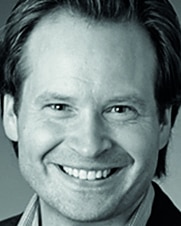Despite the corona pandemic, the Swedish Higher Education Authority’s analysis of higher education institutions’ 2021 annual reports shows that the long-term trend of growing numbers of fee-paying students has continued, but with a lower rate of increase than before. The total number of fee-paying students was 7,600 full-year students in 2021, an increase of 100 on the previous year. That is a substantial reduction in the rate of increase compared with before the pandemic. In 2019, the number increased by 900 to a total of 7,180 full-year students, before slowing in 2020 to an increase of 370 and a total of 7,500 full-year students.
Tuition fees for first cycle and second cycle programmes totalled SEK 963 million in 2021, corresponding to 3.5 per cent of higher education institutions’ income. For comparison, the corresponding figure for 2017 was 2.9 per cent.
Highest proportion at KTH
The institutions with the highest share of income from registration and tuition fees are KTH, the Royal Institute of Technology, with 9.6 per cent, Chalmers University of Technology, with 8 per cent, Blekinge Institute of Technology, with 7.6 per cent, Jönköping University, 7.1 per cent, and Halmstad University, 6.8 per cent.
Linnaeus University, which together with Halmstad University has been investigated by the Swedish Migration Agency regarding abuse of student visas, receives 3.9 per cent of its revenue from tuition fees.
In its analysis of higher education institutions’ annual reports, the Higher Education Authority reports that tuition fee funded education has increased both in size and in financial importance for the higher education institutions.
Most from India
According to the Higher Education Authority’s database Higher Education in Numbers, the five countries with the highest number of applications for residence permits for studies in Sweden are India (2,140), China (2,089), Pakistan (995), Bangladesh (732) and Iran (596).
One interesting detail in a report from the Migration Agency, is that before the autumn term of 2020, the Association of Swedish Higher Education Institutions, SUHF, introduced stricter language competence requirements for students from Bangladesh, after which the number of applications immediately fell and the number of students coming from there decreased from 1,042 in 2019 to 732 in 2020.
Slightly higher student completion rate
When it comes to programme completion by international and Swedish students, international students generally seem to have a slightly higher rate. In the 2018-19 academic year, the completion rate was 83 per cent for Swedish students and 85 per cent for students from abroad.
The examination rate on master’s programmes is significantly lower. For studies at master’s level, just over half, 52 per cent, obtain a master’s degree five years after starting their master’s programme. It is unclear whether there is a difference between the figures for Swedish and international master’s students.

















